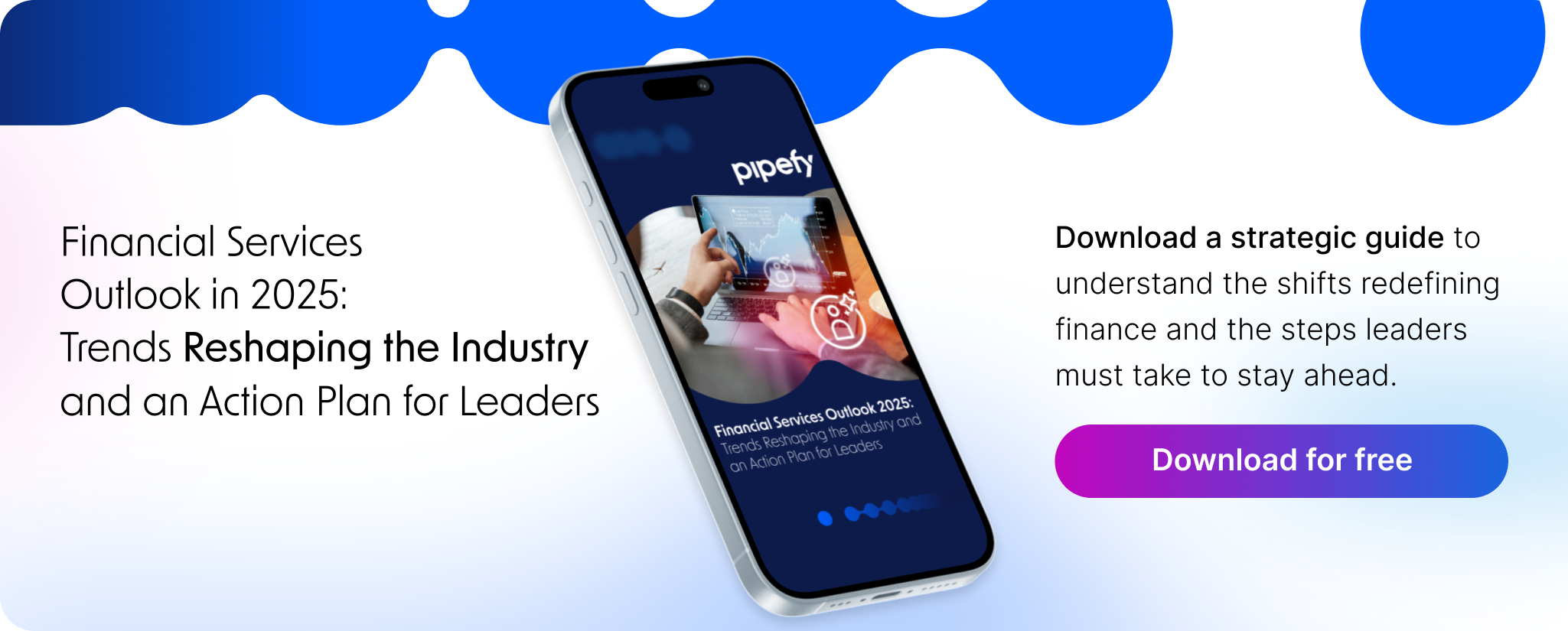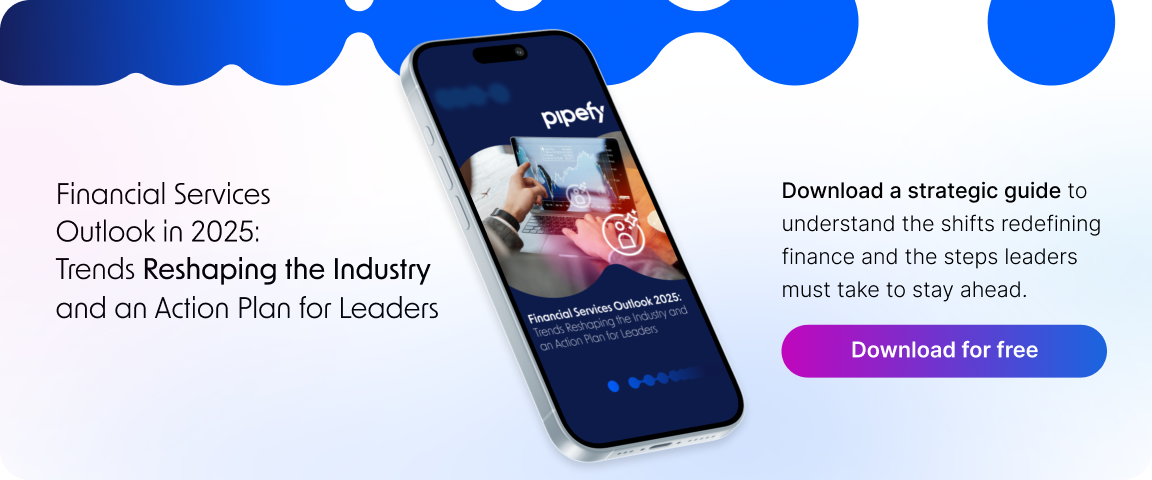ARTICLE SUMMARY
Everyone eventually gets to a point in their professional or personal lives when they realise they've started losing track of their tasks or activities (or, if they're in a management position, losing track of their teams tasks).

Everyone eventually gets to a point in their professional or personal lives when they realize they’ve started losing track of their tasks or activities (or, if they’re in a management position, losing track of their team’s tasks).
That’s ok, you’re not incompetent or anything, you’re just probably been using the wrong tools to manage your tasks (or no tools whatsoever – that notebook and post-its you keep writing things just to forget looking at them obviously don’t count as task management tools).
I can speak for my own experience, as I previously told you guys in this post, I didn’t actually realize the importance of managing my tasks until it got to a point I started spending a lot more time trying to remember what is it I had to do, which of my activities were already done and the activities due dates.
I’ve always been all for “if it weren’t for the last minute we wouldn’t get anything done” lifestyle – or at least I was during most of my college years and the first years of my professional life.
As responsibilities built, though, and I’ve started having to plan and report my activities in depth.
Throughout the years I’ve tested many (and I really mean many) task management tools so I’ve decided to share my own personal knowledge mashed together with reviews I’ve found online to help you find the best alternative to manage your and your team’s tasks.
What are task management tools?
Before we can dive further into the world of task management tools available out there, I’ve thought to share a quick definition of what task management is and what is it that task management tools have that makes managing your tasks less of an ordeal.
Task management is the process of managing a task or a general activity all through its life cycle. Task management can either help you, as an individual, achieve your own goals, or help groups of individuals work together, collaborate and share information for the greater good.
Tracking a task throughout its life cycle allows you to make decisions based on progress. Task management, in the modern era, is made easier by task management tools that help organize and manage your team’s to-dos.
Why are task management tools essential?
Task management tools are used to track all types of tasks: personal, team, or shared tasks.
The size, functions (and consequently the price) of the tools will depend mainly on the requirements of the task and on whether you’ll use this task management software to manage your own, your team’s, or a conglomerate’s tasks.
Typical task management software features include:
- Task – and subtask creation – assignment and reassignment, prioritization, task sharing, etc.
- Notification and report generation
- Calendar
- Security and access control
- Sorting
- Automation
Task management is an important process that allows supervisors to monitor their employees’ activities, centralizing all information for ongoing and completed tasks in a single place, making it a lot easier to evaluate each employee’s workload and performance.
Top 5 task management tools
Now you know what task management is and how important task management tools can be, here are a few of the alternatives you can use to get through managing your tasks unharmed.
I’ve decided to order the tools in increasing order of complexity – meaning that, the first tools on the list are best for managing simpler tasks as the last have capabilities of managing more complex tasks.
First, the tools I’d recommend to manage simpler tasks that don’t involve much information or collaboration between teams followed by those that allow your teams to properly integrate and communicate (and make it a lot easier to keep track of what everyone on your team is doing).
Evernote
I’m a big Evernote fangirl, really – so much I’ve mentioned it before on a couple of occasions (and I’ll keep on mentioning it because I really consider it to be a lifesaver to particularly unorganized people such as myself).
Evernote is a great tool for “self-management” – you can create lists, add comments, pictures, audio notes, and much more. It’s pretty practical for recording your ideas anytime, anywhere. One of its greatest assets, though, is that it offers you the possibility of syncing across all your devices.
Its weaknesses are that it’s not especially great to keep track of due dates/priorities or share tasks among your teams.
Evernote’s free plan allows you to sync across two devices, which is more than enough for most people – I use the plus plan at $34.99 a year though, since I currently use 3 different devices
Todoist
Todoist is a great, minimalistic tool for managing your tasks. Its interface is very intuitive, easy to understand, and practical to keep track of tasks that may or may not require collaboration.
It allows you to break tasks down into subtasks, label them for easy filtering and it adds a bit of gamification to the otherwise boring process of managing to-do lists with the Todoist Karma feature, which allows users to track their productivity and earn points for each completed task, unlocking new levels from Beginner to Enlightened.
It’s a great way to stimulate yourself (and your team) to be more productive – there’s no other way to get to new levels other than completing your tasks.
Todoist stronger features are its simple, distraction-free design (great for all those with short attention spam, like myself), its connectivity among all the most popular operating systems and browsers, and its cool gamification features, exclusive to their platform.
Its weaknesses rely on the fact that the simple interface may be too simple for some users and that the free version is quite limited (and not as well-encrypted as the paid option).
Todoist is free for managing unlimited projects and tasks and it offers additional features such as labels, filtering, and reminders for $28.99 per user, annually.
Google Keep
So Google Keep was a huge deal when it first came out and somehow lost a lot of its popularity BUT I think it’s the perfect minimalist tool for task management and great for avid notetakers. I love that the reminders are build in and that there’s an easy-to-use extension for saving things off the web.
By the way, Google Keep is free!
Wunderlist
Wunderlist is somewhere in between a Todolist and a Google Keep. It lacks some of the more advanced features that Todolist offers but it has a great layout with scenery backgrounds that will leave you more at ease and prepared to tackle your to-do lists for the day.
Wunderlist starts at $4.99 per month and offers a free trial.
Pipefy
Yes, I’m obviously really biased to talk about Pipefy since it’s where I work and the tool I use every day to manage my tasks but hey, what can I tell you other than how awesome it is?
Pipefy is a complete cloud-based process management tool – it allows you to centralize all your company’s processes in a single place. From Sales and Marketing to Software Development and Operations, Pipefy’s flexible structure allows you to customize one of its process templates or even start your own process from scratch, adding triggers, rules, automated emails, integration with over 500 apps (via Zapier), and much more.
It doesn’t matter whether you’re trying to run a simple team task management process or more complex software development or sales pipeline processes, Pipefy offers you a large number of process templates as well as endless customization possibilities.
Pipefy’s strong points are its intuitive, easy-to-use interface and the fact that it allows you to determine clear execution standards for each of your separate processes, ensuring everyone will provide the necessary information and follow the necessary steps.
It also offers exclusive process integration features to create connections between different processes (and teams), email automation to improve communication, and much more.
Its weaknesses are that some people don’t really have an easy time realizing that what they run in their everyday lives are actually processes and consider it to be way too complex for their needs.
Pipefy is free for up to 5 users!










